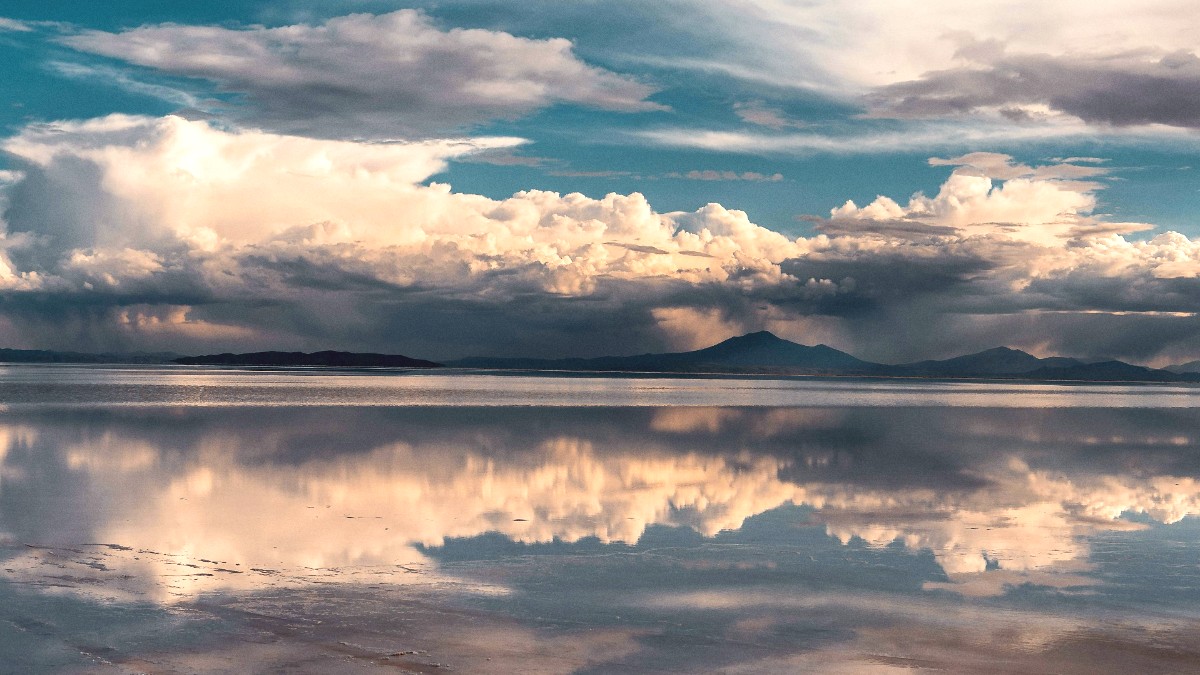
Bolivia
The Eduardo Avaroa Andean Fauna National Reserve (REANFA) focuses on conservation of Andean fauna and high-altitude ecosystems. Your entrance fee supports these efforts.
Waste management infrastructure is basic in Uyuni and nearly absent in remote areas. Minimize plastic waste and carry out all your trash from the Salar and Reserve.
Water is a scarce resource in this high-altitude desert. Be mindful of your water usage, especially when showering or using facilities. Every drop counts.
The fragile ecosystem of the Salar and the surrounding reserve needs mindful travel practices.
The Eduardo Avaroa Andean Fauna National Reserve (REANFA) is a protected area. It focuses on the conservation of Andean fauna and unique high-altitude ecosystems.
Waste management infrastructure is basic in Uyuni and virtually non-existent in the remote areas of the Salar and Reserve. Littering is a problem in some areas.
Water is a scarce resource in the high-altitude desert environment.
Consider offsetting your flight emissions to Bolivia.
Look for tour operators that emphasize responsible tourism practices.
Explore Ethical Tours with G AdventuresThis includes proper waste disposal, respect for wildlife, responsible use of water and energy, and fair staff treatment.
Support Conservation at The Rainforest SiteLook for tour operators that prioritize responsible tourism: proper waste disposal, respect for wildlife, responsible use of resources, and fair treatment of staff. Some salt hotels have sustainability initiatives.
Respectful interaction with local communities is an aspect of responsible travel.
Support local artisan communities by purchasing directly from them (e.g., in Colchani).
Learning a few basic Spanish phrases is always appreciated.
Always ask permission before photographing people, especially children. If you cannot ask, do not take the photo.
Do not photograph military or police personnel or sensitive government buildings.
Be discreet and avoid being intrusive with your photography.
Look for products sold directly by artisans or in cooperatives. This helps fair compensation for their work and empowers local producers.
Supporting local economies through mindful spending.
Support local businesses in Uyuni town (restaurants, hotels, shops). This distributes tourism revenue widely.
Eat at local restaurants (comedores) and buy snacks from small shops. This directly supports the local economy.
Choose tour operators with good reputations for treating their employees well.
If you wish to donate, consider doing so through established local NGOs.
Choose reputable organizations rather than directly to individuals.
This helps ensure donations have a sustainable and broad impact on the community.